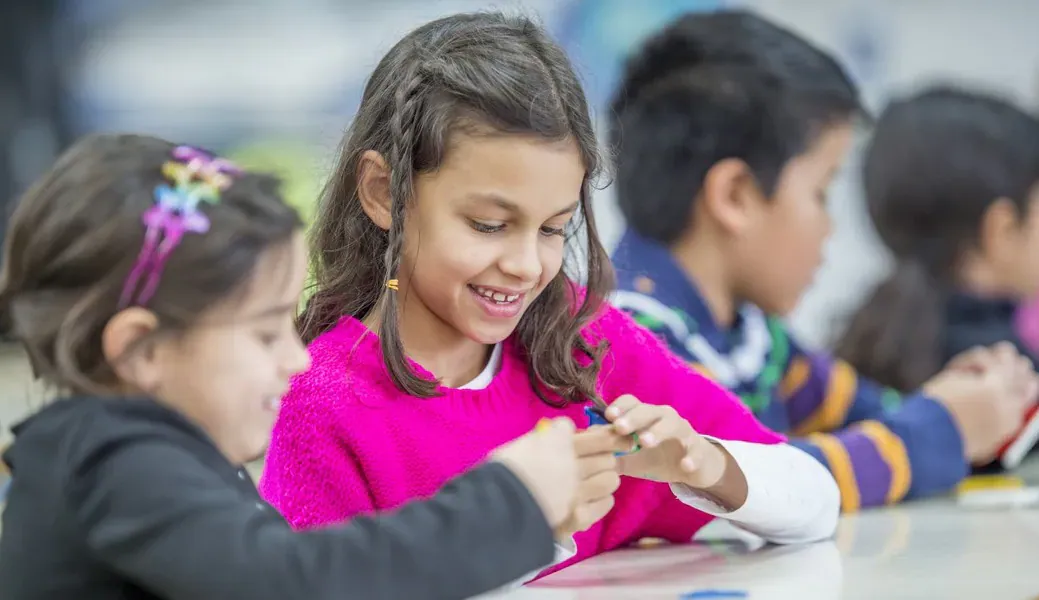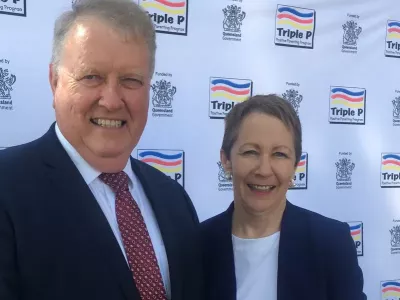Kids' grades affected by parenting style

If you want your children to do well in school, telling them to study harder may be less effective than making some changes to your parenting style.
Students at schools where parenting programs are offered to all families are more likely to do better academically and socially, says international parenting expert, Professor Matt Sanders from the Triple P – Positive Parenting Program.
This weekend, Professor Sanders will tell P & Cs [Parents & Citizens] Queensland’s state conference that, too often, parents pressure their child to work harder to do better at school, when it may be more helpful to look at adjusting their parenting strategies.
“Parenting has been heavily researched for decades, so we know what a child needs from their parents to grow up to become a confident, competent and resilient adult,” Professor Sanders said.
“Children raised in a calm, nurturing, positive environment with consistent rules and boundaries, and appropriate expectations and consequences, are more likely to adjust well to new school routines, and to perform better academically and socially.”
Professor Sanders will present Building Inclusive School Communities to the P&C conference, reviewing the latest research and looking at how schools can play an important role in delivering evidence-based parenting programs.
Professor Sanders said nurturing the parent-child relationship from infancy lays the foundation for secure attachment, children’s language skills, self-regulation and social and emotional learning.
“Students will benefit academically and socially if their school offers parents the chance to attend a quality, evidence-based parenting program like Triple P right from when their child first starts Prep,” he said.
“Parents learn how to put in place effective strategies to help their child settle in, make friends, develop resilience and generally enjoy school life, which are all strong indicators of a child’s future success in life.”
Professor Sanders said children, parents, teachers and schools all benefit when parents are actively involved in their children’s learning, are supportive and involved in their child’s school, and develop strong, collaborative partnerships with teachers.
He said schools which adopt a positive parenting, teaching and learning culture will reap the benefits through improved student results and wellbeing.
Parents and carers of children aged up to 16 can visit www.triplep-parenting.net to register for free seminars, group sessions and Triple P Online.
Schools can arrange to host free seminars and sessions by contacting a Triple P provider via the website.

